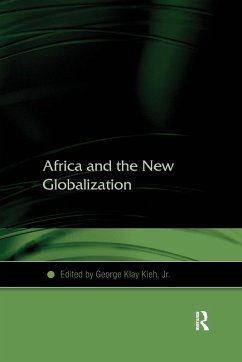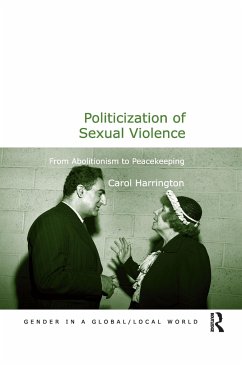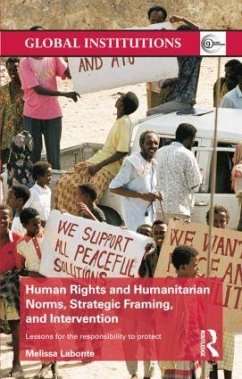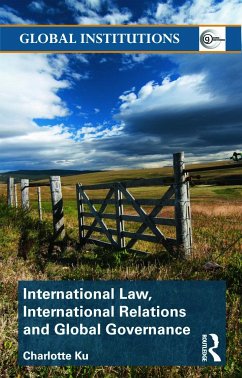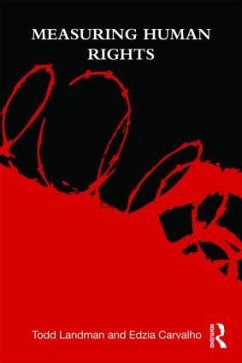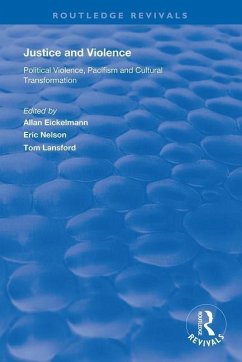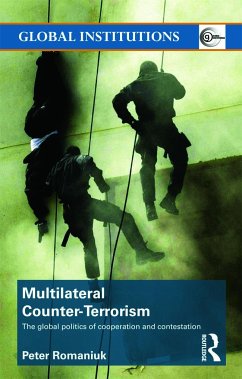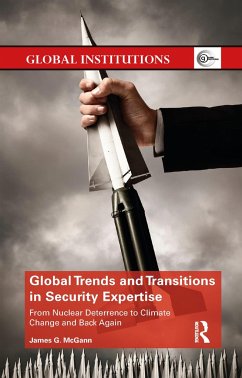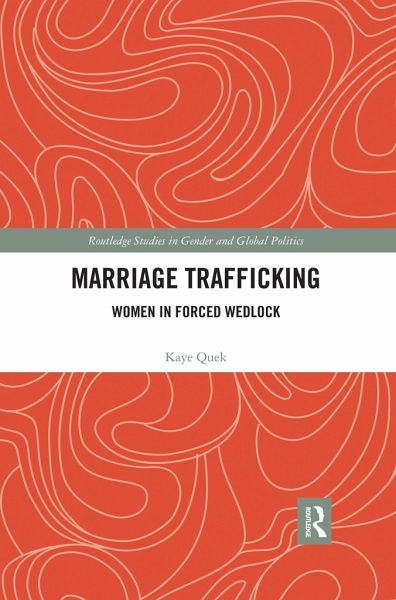
Marriage Trafficking
Women in Forced Wedlock
Versandkostenfrei!
Versandfertig in 1-2 Wochen
55,99 €
inkl. MwSt.
Weitere Ausgaben:

PAYBACK Punkte
28 °P sammeln!
This book examines the traffic in women for marriage, a phenomenon that has been largely overlooked in international efforts to address the problem of human trafficking. In contrast to current international and state-based approaches to trafficking, which tend to focus on sex trafficking and trafficking for forced labour, this book seeks to establish how marriage as an institution is often implicated in the occurrence of trafficking in women. The book aims firstly to establish why marriage has tended not to be included in dominant conceptions of trafficking in persons and secondly to determine...
This book examines the traffic in women for marriage, a phenomenon that has been largely overlooked in international efforts to address the problem of human trafficking. In contrast to current international and state-based approaches to trafficking, which tend to focus on sex trafficking and trafficking for forced labour, this book seeks to establish how marriage as an institution is often implicated in the occurrence of trafficking in women. The book aims firstly to establish why marriage has tended not to be included in dominant conceptions of trafficking in persons and secondly to determine whether certain types of marriage may constitute cases of human trafficking, in and of themselves. Through the use of case studies on forced marriage, mail-order bride (MOB) marriage and Fundamentalist Mormon polygamy, this book demonstrates that certain kinds of marriage may in fact constitute situations of trafficking in persons and together form the under-recognised phenomenon of 'marriage trafficking'. In addition, the book offers a new perspective on the types of harm involved in trafficking in women by developing a framework for identifying the particular abuses characteristic to marriage trafficking. It argues that the traffic in women for marriage cannot be understood merely as a subset of sex trafficking or trafficking for forced labour, but rather constitutes a distinctive form of trafficking in its own right. This book will be of great interest to scholars and postgraduates working in the fields of human rights theory and institutions, political science, international law, transnational crime, trafficking in persons, and feminist political theory.





